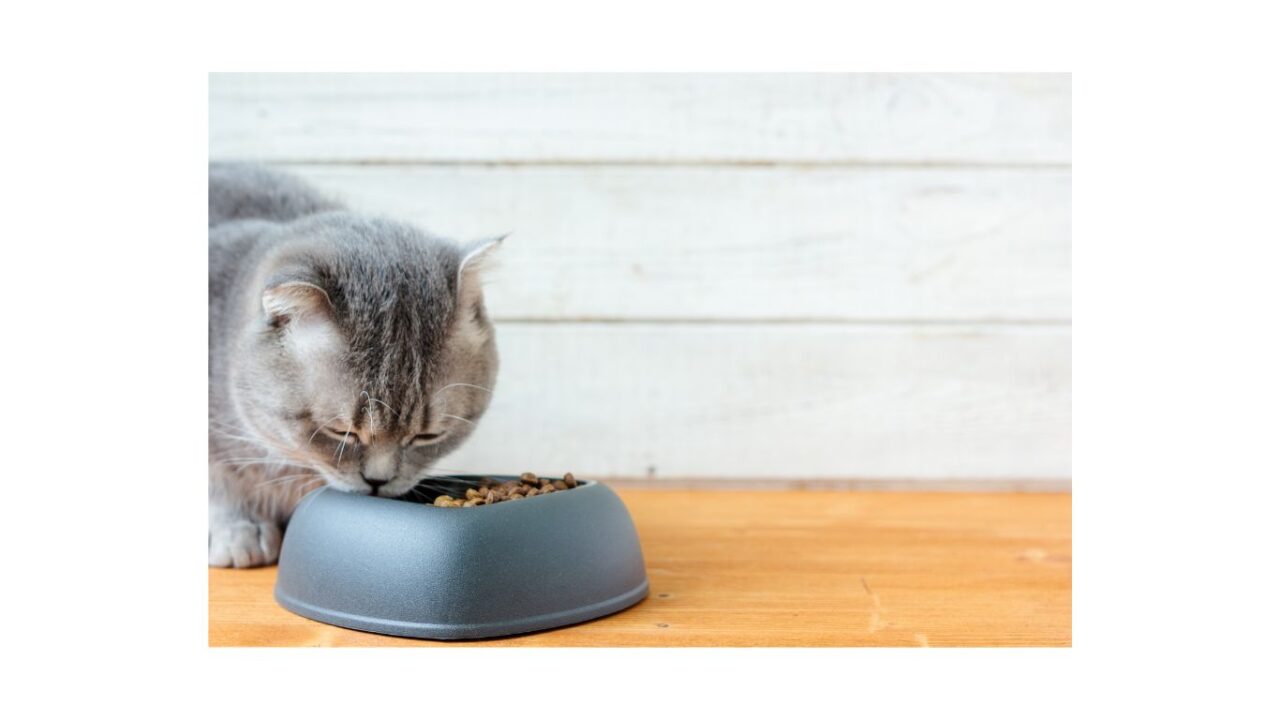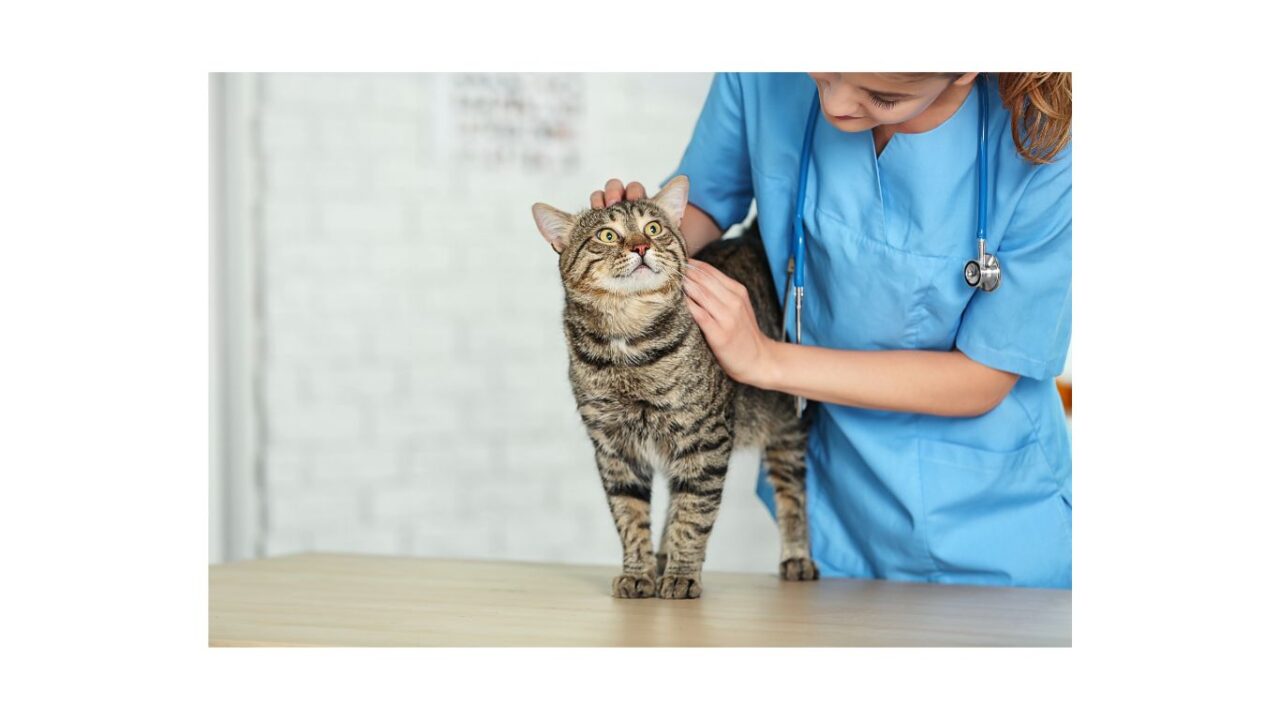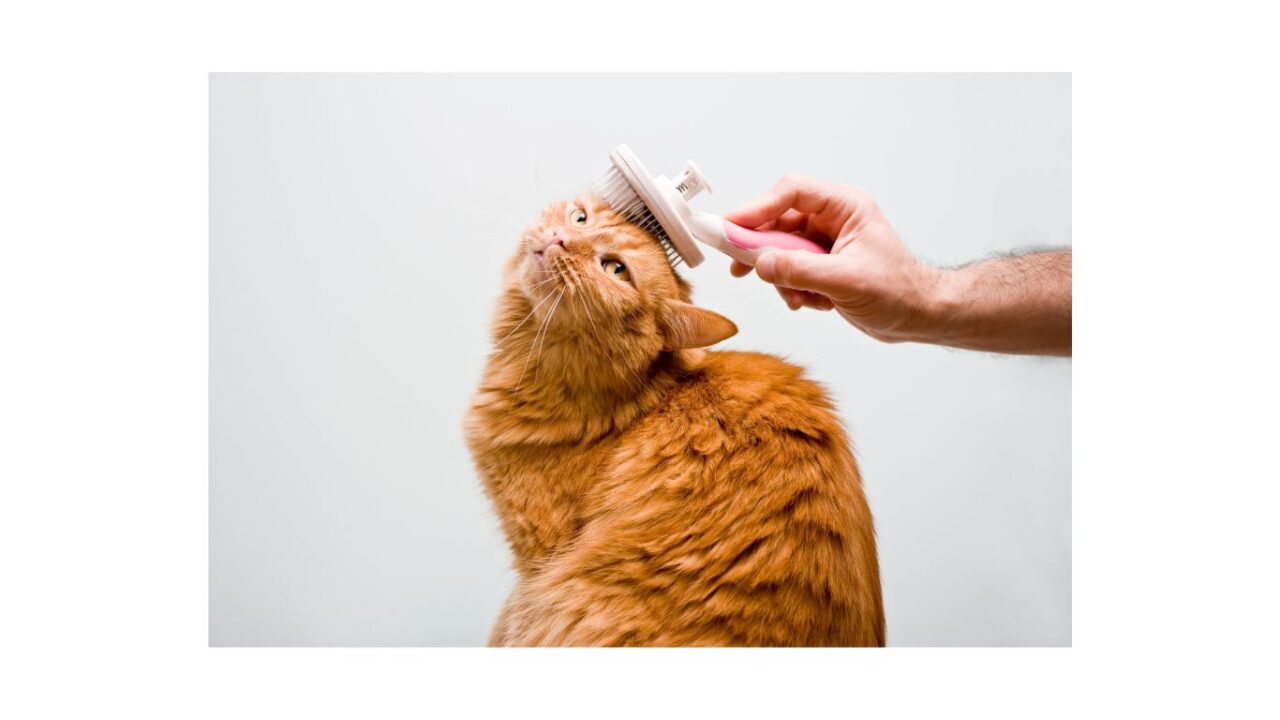There are things we can do to help our feline friends as they age. Most people would be aware that cats age more rapidly than humans but did you know that by the age of 7 they are considered to be a senior?! Read below to find out tips about nutrition, grooming and much more to help your cat thrive in their senior years.
Table of Contents
The ageing process
The typical lifespan of a cat ranges from about 12-18 years of age, with cats commonly getting to 13 to 14 years. Although individual lifespan varies, a well-cared for cat may live for 20+ years! Personally, the oldest cat I have treated was 24 years of age. Keeping cats indoors can help increase their lifespan as they are away from some potential dangers (such as cars, snakes, ticks, other cats and dogs to name a few!).
Some factors which can influence lifespan include breed, physical condition, hereditary conditions, diet, veterinary care and their lifestyle. If you choose to keep your cat indoors, appropriate environmental enrichment is essential for their mental and physical well-being.
Senior cat nutrition – what should I feed them?
As our cats age they have different nutritional requirements from when they were younger. Senior cat diets contain ingredients to help alleviate the signs of ageing through best supporting the senior cats’ nutritional needs.

Common ingredients
- Omega fatty acids- These have natural anti-inflammatory action to help support joint health and combat the signs of arthritis.
- Carnitine – this helps to promote the metabolism of fat to energy which helps support a lean muscle mass and an ideal body weight, this is beneficial for senior cats who can be less active and therefore prone to obesity.
- Controlled mineral levels – Senior diets often contain restricted sodium levels to help maintain heart and kidney health as well as controlled phosphorous also to help support the kidneys.
- Added vitamins- for improved antioxidant support
- Highly digestible ingredients- to ensure efficient digestion and absorption of nutrients.
When choosing a senior diet, it will be individual for the cat’s needs, but I would always recommend a premium diet backed by science and research. Premium diets are made from quality ingredients, they are highly digestible and have added ingredients tailored to the lifestyle and life stage of your cat. Some premium options include Hills Science Diet, Royal Canin and Advance.
I also like to recommend feeding all cats, but especially senior cats, wet food. The reason for this is it helps add total moisture content to their diet and cats are renowned for their low water intake. Wet food has a much higher water content than dry food but of course direct hydration with drinking water is key for ensuring kidney and urinary health in cats. The urinary system (which includes the kidney’s and bladder) has a main function of filtering out waste products to maintain a proper balance of fluids and electrolytes in the body. So anything we can do to help support our cats urinary system will be very beneficial to their overall health and wellbeing.
Another way of encouraging water intake is through providing a water fountain or extra water bowls (especially in multi-story houses) to ensure access to clean and fresh water at all times. There are many different options for water fountains but the aim is to provide some movement in the water, which cats often like, and some even filter the water as well.
Arthritis and joint care for cats

Not only do dogs suffer from arthritis, but cats can also. But, it may not be as easy to diagnose being the sedentary creatures they are! Cats are quite stoic and don’t tend to show their pain but there are some things you can look out for which may indicate the presence of joint pain. Sometimes, the initial sign may be more general like ‘slowing down’ of movement rather than obvious limping or stiffness.
Signs of arthritis in cats
- Trouble getting into or out of the litter tray or toileting accidents outside of the tray
- Matted fur and “unkept” looking coat due to reduced grooming
- Less interested in playing
- Reluctance to jump up on furniture like they previously have done
- Vocalising when picked up
- Difficultly settleing at night due to aching joints
Our senior feline friends do not have to suffer in silence with painful joints, as there are great feline-friendly joint supplement options available; including powders and capsules. The joint supplements available contain ingredients such as glucosamine and chondroitin which act on cartilage health by improving cartilage repair and maintenance. There are also tasty joint treats as well as prescription and non-prescription joint diets to assist with their mobility.
Arthritis can be painful and prevent cats from wanting to groom themselves and move around. If you think your cat may be painful then do chat to your vet as they may require prescription medication (such as anti inflammatory drugs), disease modifying arthritis drugs (injections known as cartrophen, zydax or synovan) as well as other options. Remember to only use medication prescribed and recommended by your vet! Other remedies include; gentle exercise to keep those joints moving (such as food mazes and interactive toys) and comfy, well-padded and slightly elevated beds. There are also ramps that can be used to help with accessibility especially if your cat likes to sleep on your bed or on the sofa.
Another important management tool for arthritis in cats is weight control! If your cat is more on the pudgy side, this can place extra strain and pressure on already weaker and stiffer joints which can worsen and make any existing arthritis even more painful. Excess weight can also makes cats less motivated to move around which can further negatively affect arthritic joints. Speak to your vet if you think your cat may need to budge some of the bulge and for tips on how best to achieve this.
Exercise and Mental Stimulation
Even though many senior cats will have arthritis, this does not mean that they should not exercise. Getting stiff joints moving can help keep them lubricated and help ensure muscle tone to support old joints. They definitely don’t have to navigate an obstacle course but playing with your cat, using interactive feeding methods and encouraging short but frequent gentle exercise routines can all help.
Not only does exercise have beneficial physical advantages, it also is important for mental stimulation. Through play and exercise your cat can help keep their mind sharp as just like in humans, cats can also suffer from dementia when they age.
Grooming for senior cats

As mentioned, it can be common for senior cats (especially those with arthritis) to have an “unkept” coat. The main reason for this is due to lack of grooming, as I am sure we have all seen the crazy yoga moves our cats perform to groom themselves. With stiff and painful joints, these positions become difficult to manage or even impossible and consequently their coats can get matted and dirty if not brushed and groomed regularly.
Long-haired cats especially can become matted if brushing is not maintained and this can lead to skin irritations and discomfort. There are many options for brushes as well as a furminator which is a de-shedding tool especially for long and thick coats. There are also leave in conditioners that can help prevent the skin drying out by soothing as well as making the coat smell great! A good quality premium diet also helps with skin health.
Grooming and brushing your cat’s coat not only helps their coat and skin health but it is also an important bonding time for you and your pet. Apart from removing and preventing matting, brushing also stimulates blood circulation and distributes the oils throughout the coat. Be guided by your cat’s behaviour and perform shorter and gentler sessions if required.
Another part of grooming is nail trimming, senior cats can have quite long, thick and brittle nails which may require more frequent trimming due to possible less movement. I like to use pet nails scissors to trim cat’s nails as I find these more accurate and less annoying for cats apposed to some bulkier nail clippers.
Common illnesses for senior cats
There are a few common illnesses to be aware of in our senior cats such as: kidney disease, urinary disease, hyperthyroidism, dental disease and dementia. This is why I suggest upping the frequency of vet checkups to every 6-12 months as this can enable your vet to keep a close eye on your cat’s health and weight and get on top of any emerging changes or conditions. Early diagnosis and management of these diseases to ensuring our senior felines get the most out of their lives.
Important signs to watch out for include:
- drinking and/or urinating more frequently (may indicate urinary or kidney disease, diabetes or hyperthyroidism)
- increased appetite (can indicate diabetes or hyperthyroidism)
- decreased appetite (may indicate kidney or dental disease or general illness)
- weight loss (any illness)
- vomiting and or diarrhoea (can indicate kidney disease, hyperthyroidism or gastrointestinal disease)
- vocalising and sleep disturbances (may indicate hyperthyroidism or dementia)
Apart from the above mentioned points it is useful to weigh your cat if possible and keep record of this, as trends of weight loss and weight gain despite changes in appetite can help identify early problems. If you think your cat may be drinking more water you can measure the water in the bowl/s at the start of the day and then measure again at the end of the day and record the amounts. Doing this for a few days at least can provide a helpful average of how much your cat is drinking and then you can give this information to your vet to determine if this falls in or outside the ‘normal’ range.
Dental Care
Dental care throughout a cat’s life is imperative but we especially don’t want our senior felines having to have general anaesthetics too frequently. By providing a dental care regime at home, you may be able to help prevent the amount of dental scale and polishes your cat will require.
The best method of plaque and tartar prevention is by daily brushing of their teeth but this is not always practical and achievable with all cats! Other options include feeding dental kibble, dental treats, mouth rinses and gels and powders to help prevent and dissolve plaque. Although your cat will still require dental cleans with your vet, these measures can help reduce the frequency of dental procedures required.
Cats may not show obvious signs of dental problems but there are some things you can look out for. The most common sign of dental disease is bad breath so do head to the vet if you notice your kitty has unpleasant smelling breath. Other signs can include: having difficulty eating kibble, drooling, yellow colouring on teeth and red gums. 6 monthly dental check-ups with your vet are recommend to get on top of any potential problems early on, or before they arise.
Summary
Tips for ageing felines
- Monitor their appetite and toileting habits
- Regular at least 6 monthly vet check ups and discuss a tailored wellness plan with your vet
- For arthritic cats, consider a shallow litter tray (thats easy to get in and out of); a supportive and comfy bed; bowls slightly elevated if needed
- Brush their coats regularly to decrease the incidence of matting
- Maintain a familiar regular daily routine that they are used to

